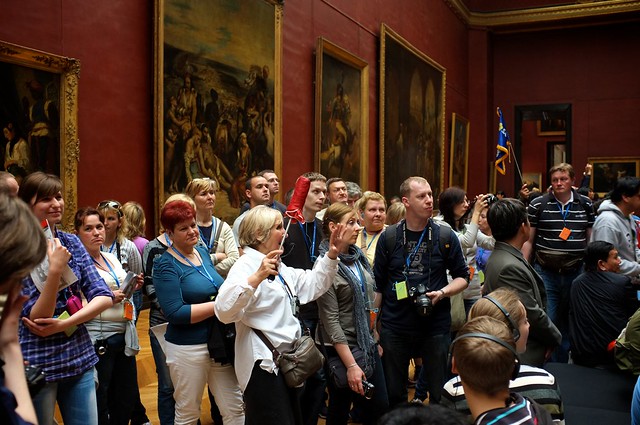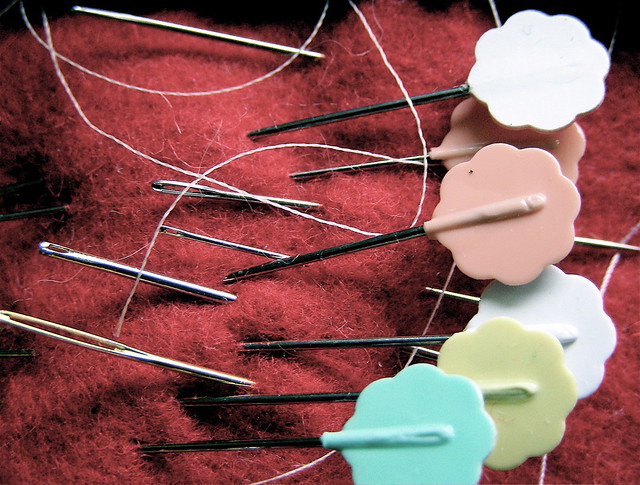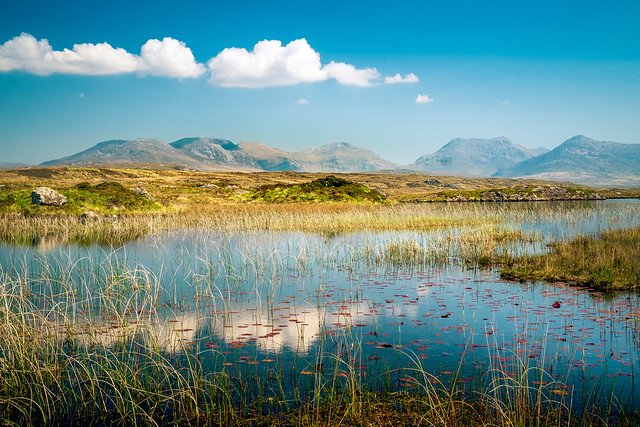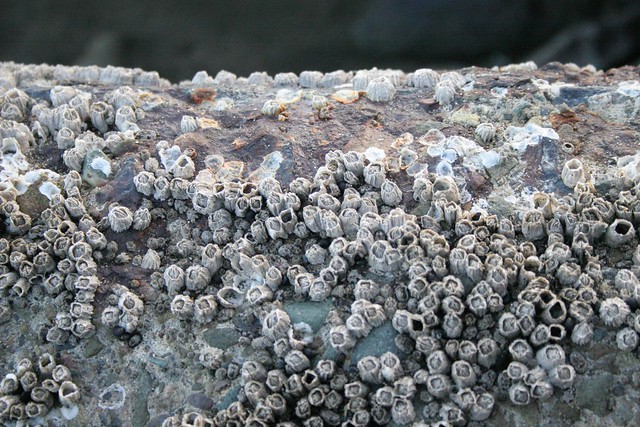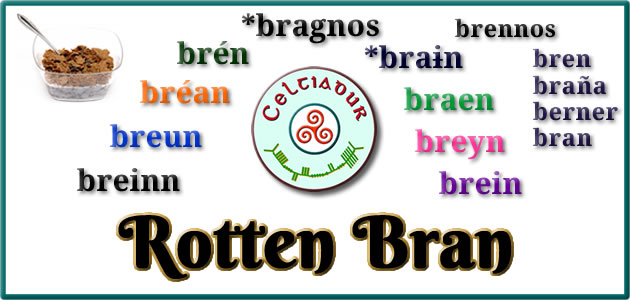Podcast: Play in new window | Download
In this episode we uncover Celtic fortresses among the sand dunes.
A dune is a ridge or hill of sand piled up by the wind. It comes from Proto-West Germanic *dūn(ā) (sand dune, hill), via French or Dutch, from Proto-Germanic *dūnaz (accumulation, pile, heap, mound), or from Gaulish dunum (hill), from Proto-Celtic *dūnom (stronghold, rampart), all of which come from Proto-Indo-European *dʰuHnom (enclosure) [source].
Related words in the modern Celtic languages include:
- dún [d̪ˠuːnˠ] (fort(ress), place of refuge, residence, house) in Irish
- dùn [duːn] (fortress, heap) in Scottish Gaelic
- doon [duːn] (fort, stronghold) in Manx
- din [dɪn] (city, fortress, stronghold), and dinas (city) in Welsh
- din [di:n] (fort) in Cornish
- din [ˈdĩːn] (fortress) in Breton
Apart from dinas in Welsh, these words are mostly found in placenames, such as Dún Dealgan (Dundalk) in Ireland, Dún Dè(agh) (Dundee) in Scotland, Dinbych (Denbigh) in Wales, Dinmeur (Dunmere) in Cornwall, and Dinan in Brittany.
Words from the same Celtic roots possibly include town and down (a [chalk] hill, rolling grassland) in English, tuin (garden, yard) in Dutch, tún (hayfield) in Icelandic, and тын [tɨn] (fence [especially one made of twigs]) in Russian [source].
Words same PIE roots include dusk, dust and fume in English, dagg (dew) and dy (mud, mire, sludge) in Swedish, and fem (dung, manure) in Catalan [source].
More about words for Castles & fortresses and related things in Celtic languages.
You can find more connections between Celtic languages on the Celtiadur blog. I also write about words, etymology and other language-related topics on the Omniglot Blog.
Radio Omniglot podcasts are brought to you in association with Blubrry Podcast Hosting, a great place to host your podcasts. Get your first month free with the promo code omniglot.



